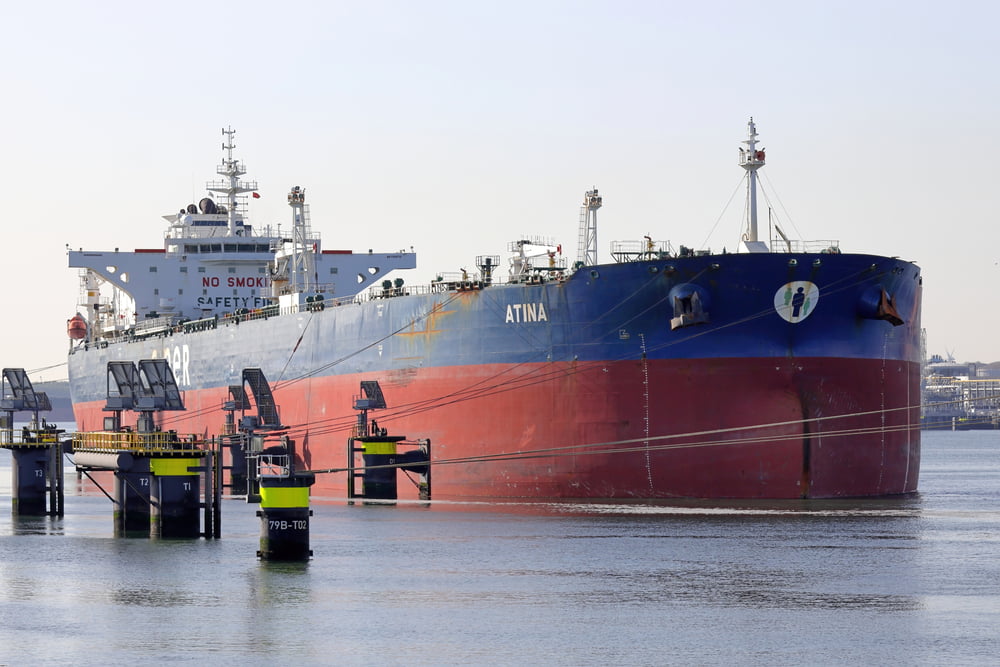The ILT believes that this is not in line with the duty of care for substances and mixtures.
The quality of fuels for export outside Europe must be improved. The Human Environment and Transport Inspectorate (ILT) sets stricter supervision quality requirements for fuels produced in the Netherlands and intended for export to – mainly – West African countries. These requirements are described in a policy rule that has been in effect since August 15, 2022. The aim is that fuels that are exported from the Netherlands to low-wage countries contain far fewer substances that are harmful to people and the environment.
In concrete terms, this means that fuels ultimately contain no more than 50 ppm (0,005%) sulfur and gasoline contains a maximum of 1% benzene and less manganese. This will limit emissions of harmful substances and improve air quality in the countries where the fuels are used. Fuels produced in the Netherlands for use outside Europe are of lower quality than the fuels we require in Europe.
The export fuels still contain quantities of substances that are directly harmful to human health and pollute the environment. Research by the ILT has previously shown that the harmful substances also destroy catalytic converters in vehicles, with even greater negative consequences for health and the environment. The ILT believes that this is not in line with the duty of care for substances and mixtures from the Environmental Management Act Article 9.2.1.2. The Inspectorate is authorized to enforce this duty of care.
“The policy rule is a new step in enforcement. It provides clarity about how the ILT assesses in enforcement whether this duty of care is met in the production and export of these fuels. It is important to achieve cleaner quality export fuels. This is also in line with the increasing appeal to companies to take social responsibility. The policy rule ensures a level playing field for the entire sector in the Netherlands.”
Inspector General Jan van den Bos of the ILT

In recent years, the ILT has conducted various studies into the harmfulness of fuels. The ILT has June 2021 addressed the companies operating from the Netherlands about the fact that the production and export of these types of fuels do not comply with the duty of care. The companies were again called upon to indicate what measures they will take to fulfill the duty of care. In December 2021, the ILT organized a round table meeting to encourage oil companies to adopt an approach to improve the quality of fuels. The sector indicated that it needed a level playing field to produce better fuels; the policy rule contributes to this.
In the policy rule, the ILT clarifies what it considers acceptable fuel quality for outside Europe from the point of view of the duty of care. From now on, the same rules apply to everyone in the Netherlands. It is then easier for companies to take steps without pricing themselves out of the market. At the same time, the policy rule is a big stick for those who do not improve fuel quality. Since September 2021, Shell has been supplying fuel of a higher quality from the Netherlands as a forerunner than the importing countries in West Africa have stated. The ILT is counting on other oil companies to follow soon. The ILT works together with UNEP in its approach. The policy rule is fully in line with the program of UNEP to improve air quality and vehicle fleet worldwide.



